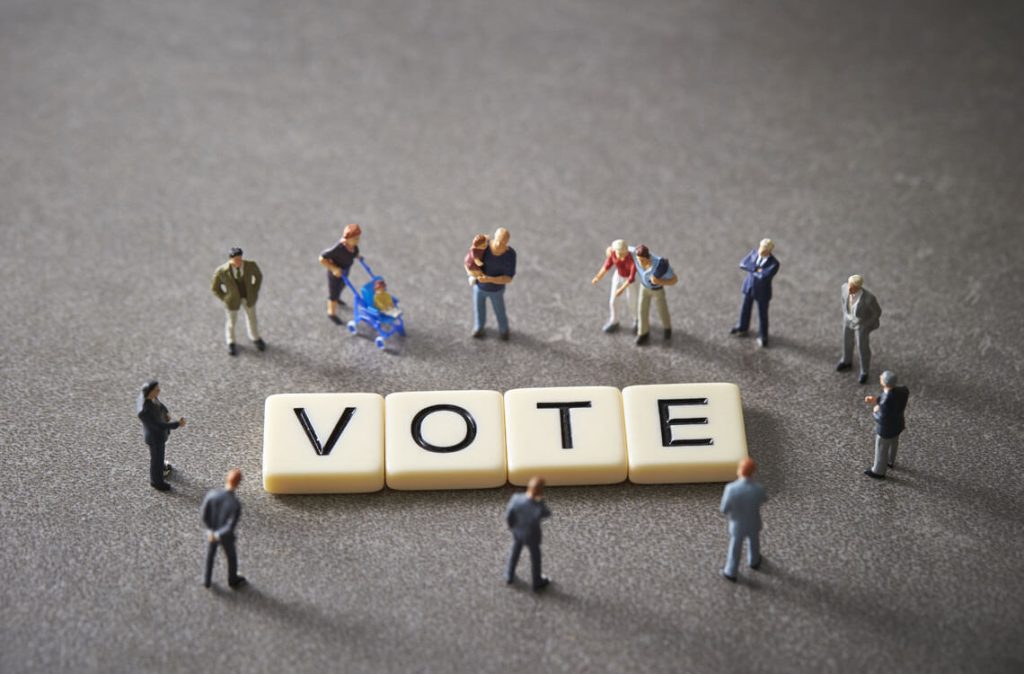The election season is once more upon us and responsible adults everywhere are preparing to cast their votes. If your kids are a bit older, they may have heard murmurings amongst the peers and in the household about this momentous occasion. They may even have their own questions about elections and voting and of course, politics.
Why Kids Need to Know About Voting
If you go around asking 18–21-year-olds Malaysians (around the time Malaysian youngsters first enter voting age), you may be shocked to discover that many of them still have no idea who to vote for. And unless your kids take political science in college, they may not have ample critical thinking skills to truly vote for the right people.
With today’s unstable political climate, it’s important that your kids know (from a young age) how to distinguish between good leaders and bad leaders. Even before they’re old enough to vote.
Unfortunately, if you start talking about general elections and ballots and polling, they may not understand any of it. So, one way you can do this is by playing the ‘Election Game’.
Play the ‘Election Game’
There’s no better way to get your kids to understand election than to explain it on their own terms; through edutainment and play. Simplify the activity into a weekend afternoon living room activity.
You can use your kids’ toys to tell a story and even organise a pretend-play election, complete with ballot boxes, political parties and imaginary politicians. But avoid using names of actual political parties or politicians, or political symbols. Stay as neutral as possible.
Here’s what you need.
A Place
In order to play the Election Game, you need a setting. Something like a LEGO ‘Toy Town’ is good. A location where your story can unfold.
The important thing is the place needs to have infrastructure, citizens and plenty of props for you to use. This allows you to tell a more elaborate story and allows your kids to better understand the point of the game.
Politicians
The main point of elections is to choose leaders. That’s all your kids need to know for now. No point going into details about Dewan Rakyat or parliamentary seats. So, for Toy Town’s leaders, you can use characters to represent politicians, one who is ‘good’ and another who is ‘bad’.
For example, Mayor Duck likes to take the town savings to renovate his mansion, while Mayor Giraffe uses it to rebuild the broken bridge so kids can cross it to go to school. There is no time for grey areas, make it very clear what a good politician should be like (and what they shouldn’t).
An Election Story
Take inspiration from real-life events and situations you see happening at the moment. Infrastructure, public services, education, welfare, healthcare, etc. It’s good to revolve the story around a ‘campaign’ or sorts.
Depending on your kids’ age, you can go as elaborate or as simple as you want. Paint a picture with your character so your kids know which toy leaders are doing a good job and which ones are not. A truly elaborate story would go something like:
“The Choosing Day is next week but Mayor Giraffe has been helping the citizens of Toy Town much longer before that, helping keep their waters clean and their trains running. But Mayor Duck has only recently been doing his charity works, giving food to people and taking pictures for the town newspaper.”
This snippet teaches your kids that truly good people who rarely take credit for the good they do. And that doing good when people are watching isn’t actually doing good if it benefits them.
A Voting Station
At the end of the story, you can ask your kids to do their own voting. Taking from the example, they can either vote for Mayor Duck or Mayor Giraffe.
Once they’ve cast their vote and you know who they choose, you can have a discussion with them. Remember, they’re kids. So, they probably won’t pick up the subtle nuances that would normally be obvious to an adult.
For instance, we may consider Mayor Duck as the bad politician. But don’t punish or correct their ‘mistake’. Ask them why they made their decision even if it’s seemingly the wrong one. Then explain to them why Mayor Giraffe might be the better candidate for the town.
Teach your Kids About Choice
Politics will always be a contentious subject. But it’s something that we all have to learn about as we grow older. As parents, it’s important we understand that our kids likely won’t stay oblivious for long. Even more so when they may be surrounded by other kids with much more opinionated parents.
Hence, you should take control of the narrative before your kids possibly develop a harmful mindset about election and voting. Now, do note that this doesn’t mean to impose your own beliefs upon them but to help them cultivate their own critical thinking skills.
So, this election season is as good a time as any to teach your kids the Election Game. And if done right, they’ll be on their way to making the country a better place in no time. You’ve got this, parents!
For more insightful stories and fun recipes, stay tuned to Motherhood Story!
